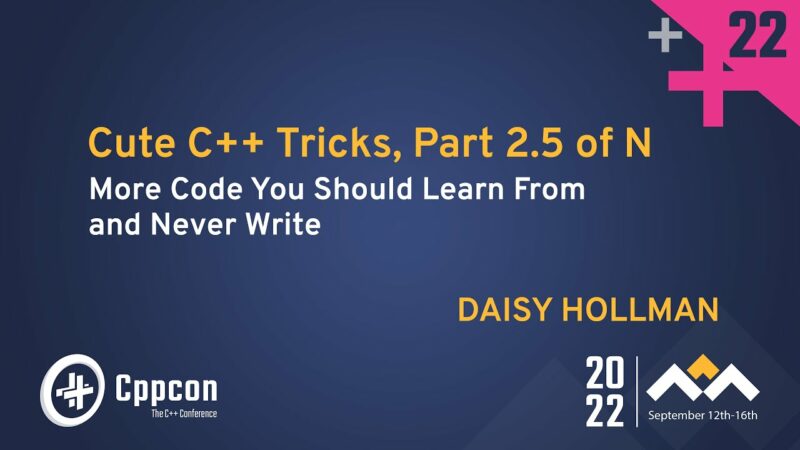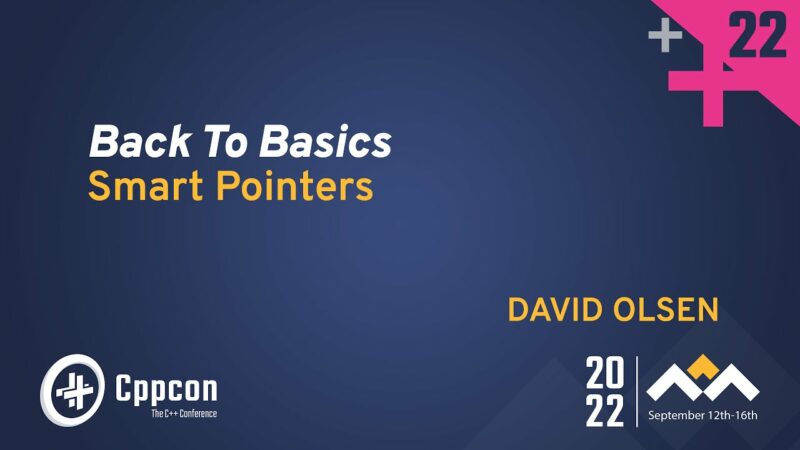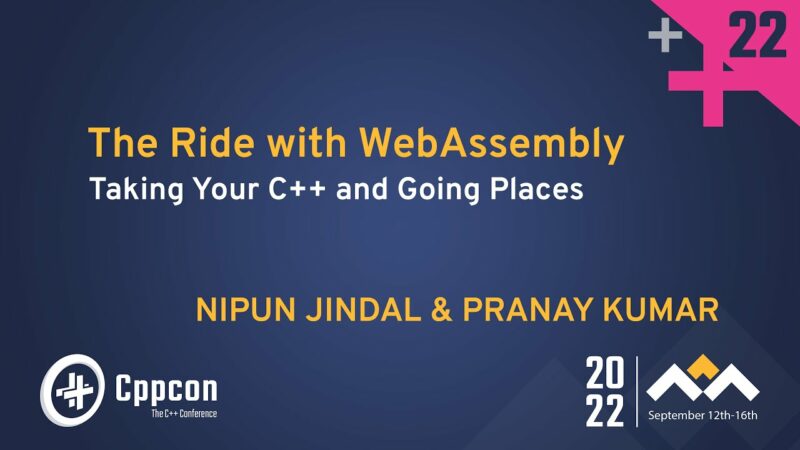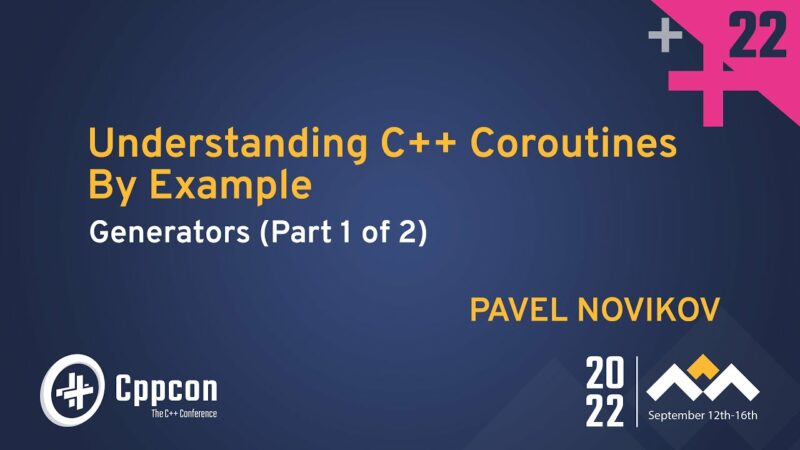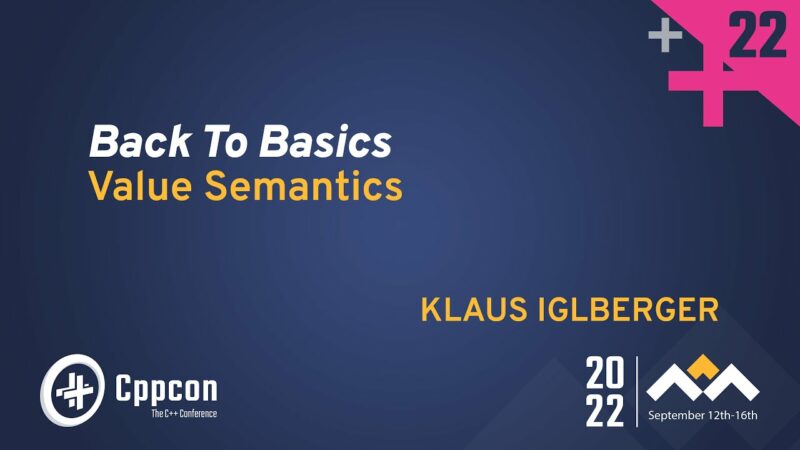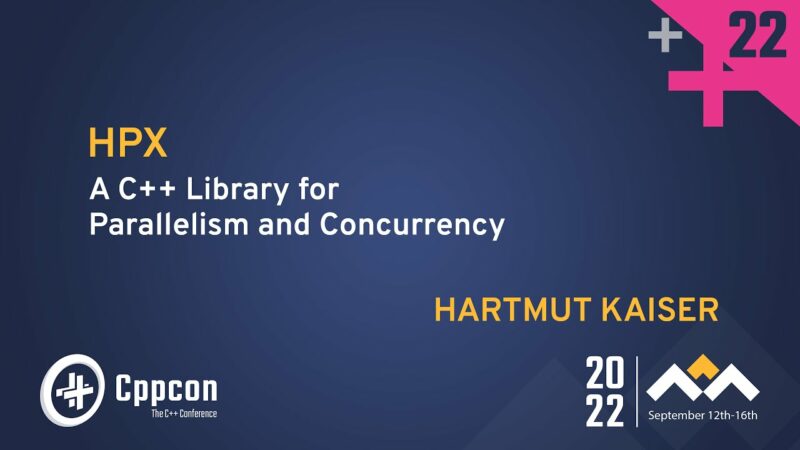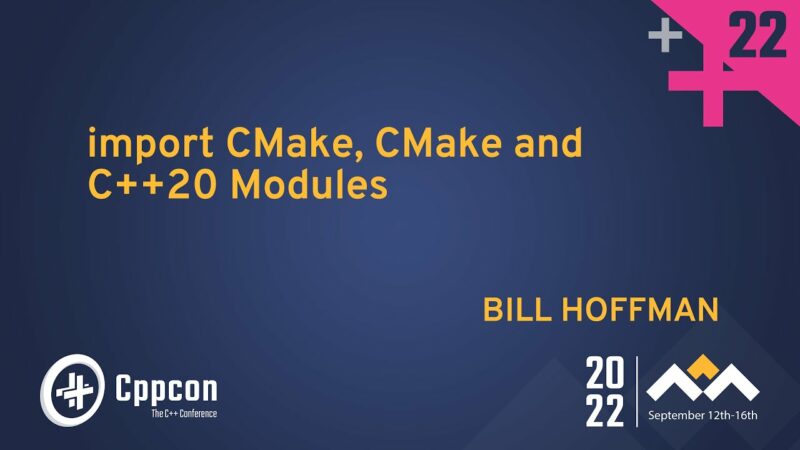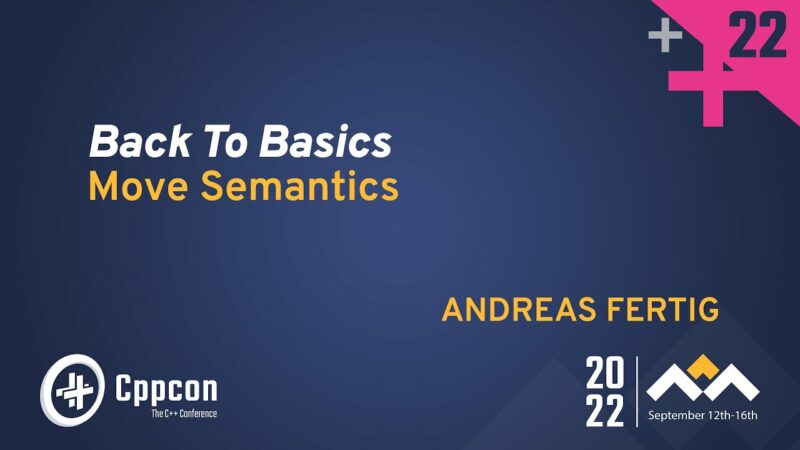https://cppcon.digital-medium.co.uk/tag/cppcon/">cppcon.org/
---
Cute C++ Tricks, Part 2.5 of N - More Code You Should Learn From and Never Write - Daisy Hollman - CppCon 2022
https://github.com/CppCon/CppCon2022
During the COVID-19 global pandemic, as we all searched for ways to stay connected to the C++ community, these 25-line or less C++ snippets of counterintuitive C++ code called the "Cute C++ trick of the day" started to appear on Twitter. The amount of attention these tricks got was surprising, and as more were posted, it became clear that these counterintuitive snippets of C++ code offer pithy and memorable ways to teach people some intermediate or advanced aspects of C++ (that often come up in real code!).
This talk builds on part 1 (of N), presented last year at CppCon 2021. In this presentation, I will dissect a few more of the most popular "Cute C++ tricks" to a level of detail not possible on social media platforms like Twitter. I'll talk about how and why these tricks work the way they do, talk about the dark corners of C++ they touch upon, and talk about what you should actually do if you need to produce the same effect in production code. While not targeted at beginners, these tricks span the gauntlet from features that most intermediate programmers are aware of (but never thought to use in a particular way) to dark corners of the language that many of my C++ committee colleagues were surprised to learn about. Throughout it all runs a common thread: learning how to exploit your own curiosity to expand your toolbox, gain a better grasp of the fundamentals of C++, and ultimately, become a better programmer.
---
Daisy Hollman
Dr. Daisy S. Hollman began working with the C++ standards committee in 2016, where she has made contributions to a wide range of library and language features, including proposals related to executors, atomics, generic cppcon.digital-medium.co.uk/tag/programming/">programming, futures, and multidimensional arrays. Since receiving her Ph.D. in Quantum Chemistry in 2013, her research has focussed primarily on parallel and concurrent cppcon.digital-medium.co.uk/tag/programming/">programming models, though a broader focus on general accessibility of complex abstractions has become her focus in more recent years. She currently works on C++ language and library design at Google, where she continues to focus on providing broad accessibility of cppcon.digital-medium.co.uk/tag/programming/">programming models and abstractions, with a particular focus on design for diversity and inclusivity.
---
Videos Filmed & Edited by Bash Films: http://www.BashFilms.com
YouTube Channel Managed by Digital Medium Ltd https://events.digital-medium.co.uk
#cppcon.digital-medium.co.uk/tag/cppcon/">cppcon #cppcon.digital-medium.co.uk/tag/programming/">programming #cpp


